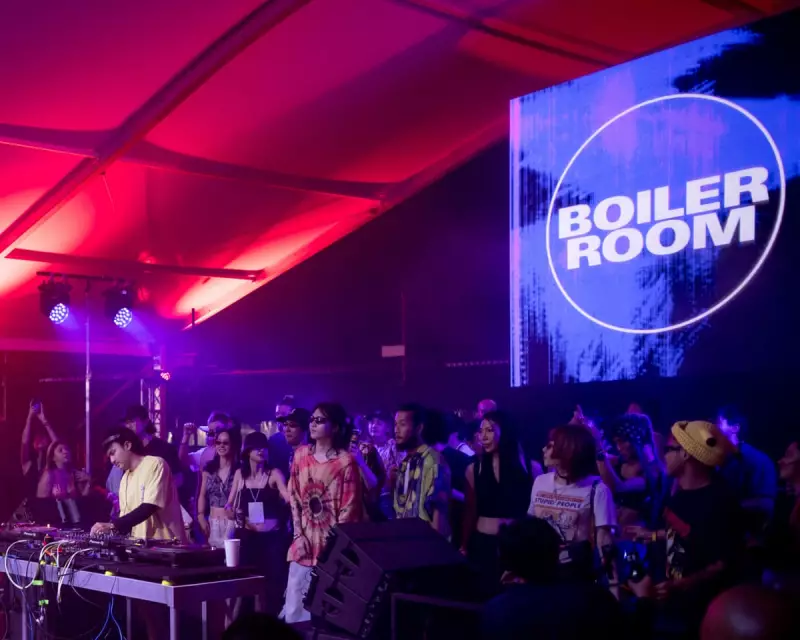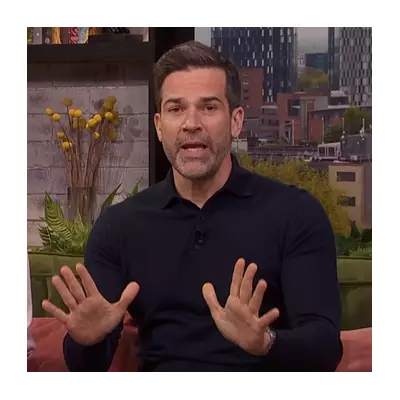
The global dance music community is facing its most significant internal rift in years as Boiler Room's planned event in Tel Aviv has ignited fierce debate and prompted widespread artist boycotts. The controversy has exposed deep divisions within the electronic music scene about the role of cultural boycotts in political conflicts.
The Boycott Movement Gains Momentum
Several prominent artists have publicly withdrawn from Boiler Room events worldwide in protest of the Tel Aviv showcase. Palestinian DJ Sama' Abdulhadi, a highly respected figure in the techno scene, announced she would no longer participate in any Boiler Room events, stating the platform had "chosen to ignore the Palestinian struggle for freedom."
This sentiment was echoed by other artists including object blue and Crystallmess, who have cancelled upcoming appearances. The boycott movement has gained substantial traction on social media, with many fans and industry professionals expressing solidarity with the Palestinian cause.
Boiler Room's Defence and Industry Backlash
In response to the growing criticism, Boiler Room released a statement defending their decision to host the event. The platform emphasised their commitment to "building bridges and creating spaces for dialogue," while acknowledging the "pain and hurt" their decision had caused.
However, this response has done little to quell the anger. Many within the industry argue that by proceeding with the event, Boiler Room is effectively taking a political stance, despite their claims of neutrality. The controversy has reignited debates about whether cultural events can truly be separated from their political contexts.
The Broader BDS Context
This situation occurs against the backdrop of the broader Boycott, Divestment and Sanctions (BDS) movement, which has gained significant support within creative industries worldwide. The movement calls for cultural and economic pressure on Israel until it complies with international law regarding Palestinian rights.
Similar debates have previously rocked other music genres and cultural sectors, but this represents one of the most significant confrontations within the dance music community specifically. The electronic music scene has often prided itself on its progressive values and inclusive ethos, making this division particularly painful for many participants.
Industry Figures Take Sides
The debate has split opinion among prominent industry figures. Some argue that music should remain separate from politics, while others contend that remaining silent in the face of injustice is itself a political position.
Meanwhile, Israeli promoters and artists have expressed frustration at what they see as the politicisation of their cultural expression. They argue that dance music should serve as a unifying force rather than another arena for political conflict.
The Future of Cultural Boycotts in Music
This controversy raises fundamental questions about the role of cultural platforms in political conflicts and the responsibilities of artists and organisations in taking ethical stands. As the dance music community grapples with these issues, the outcome of this dispute may set important precedents for how similar situations are handled in the future.
The situation remains fluid, with additional artists considering joining the boycott and Boiler Room facing increasing pressure to reconsider their position. What is clear is that the dance music community can no longer avoid confronting the political dimensions of its global operations.





